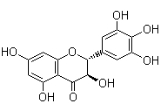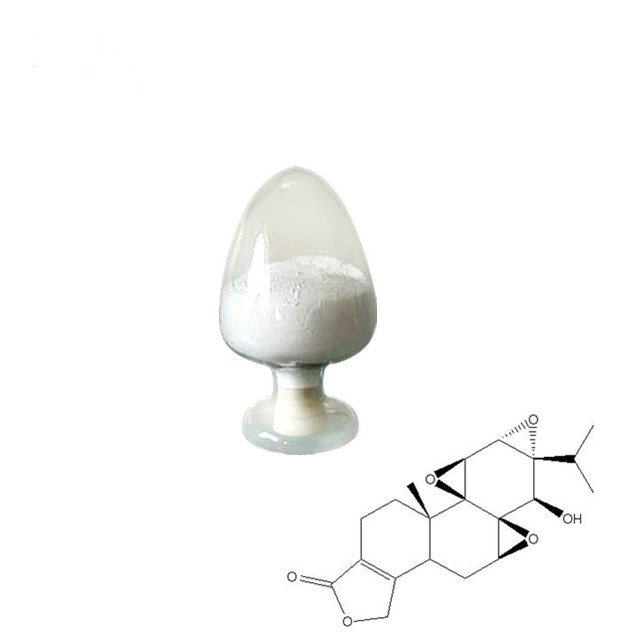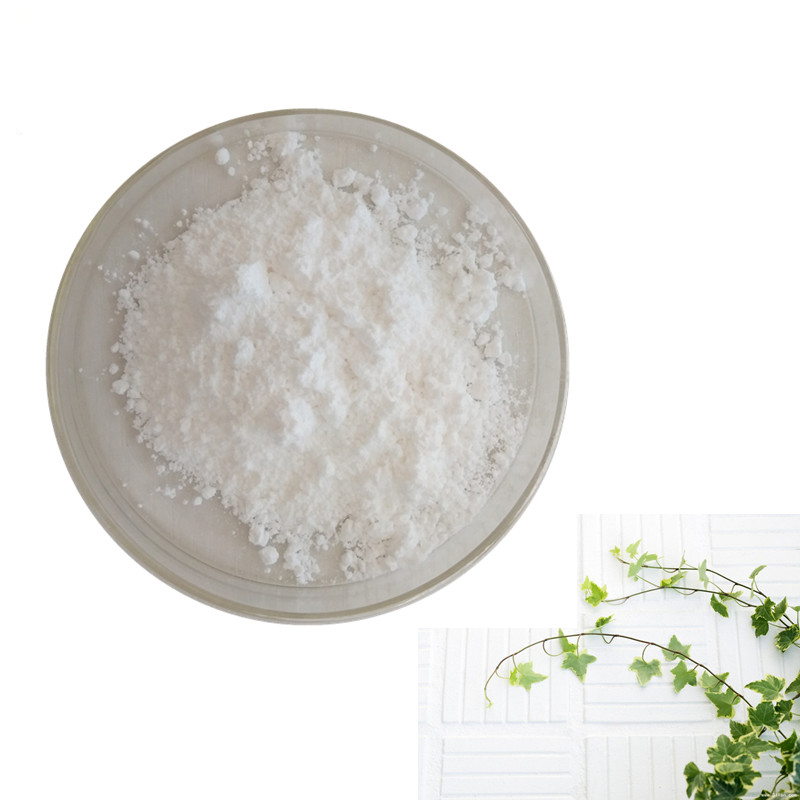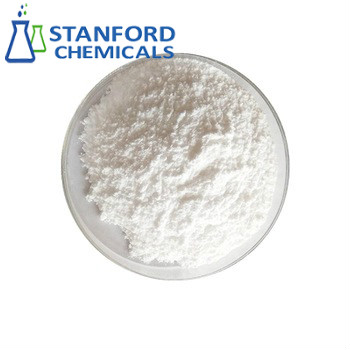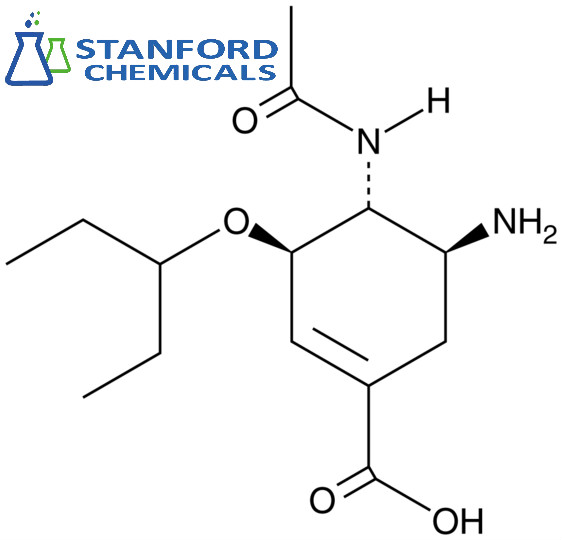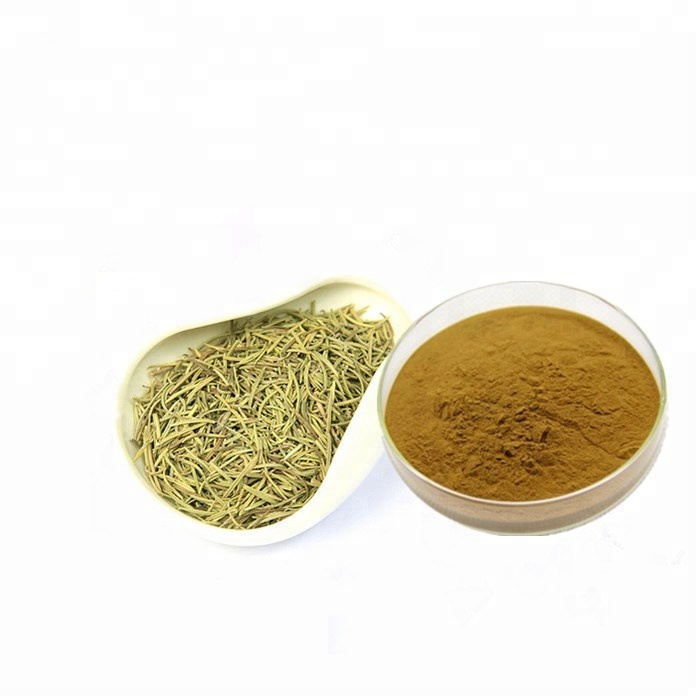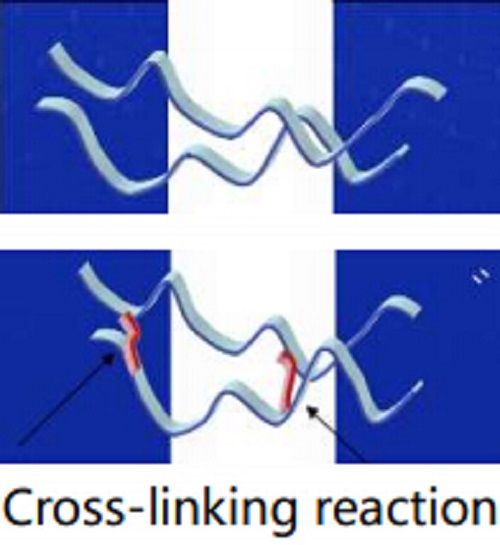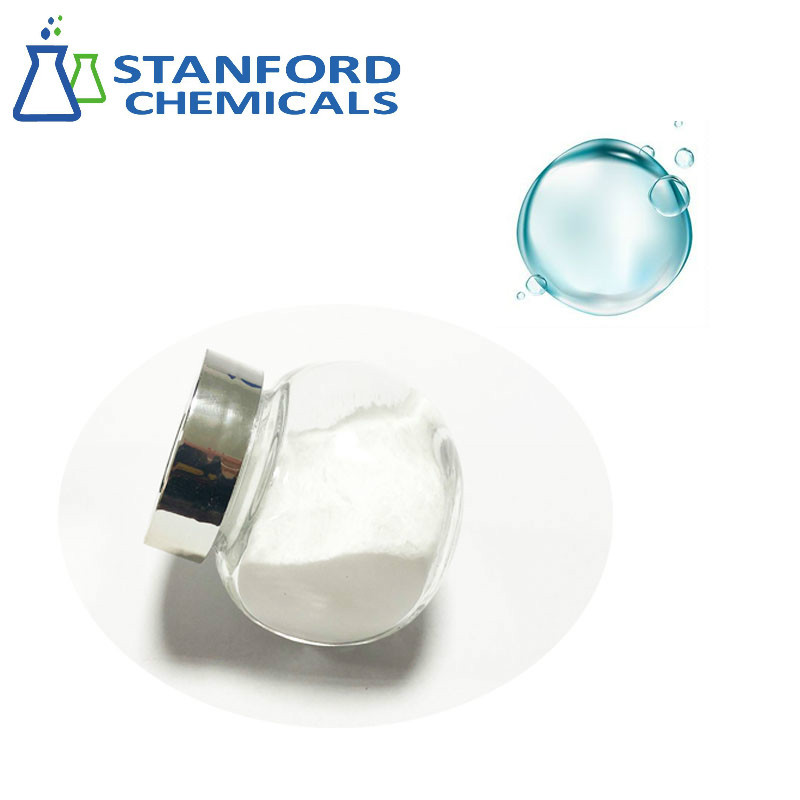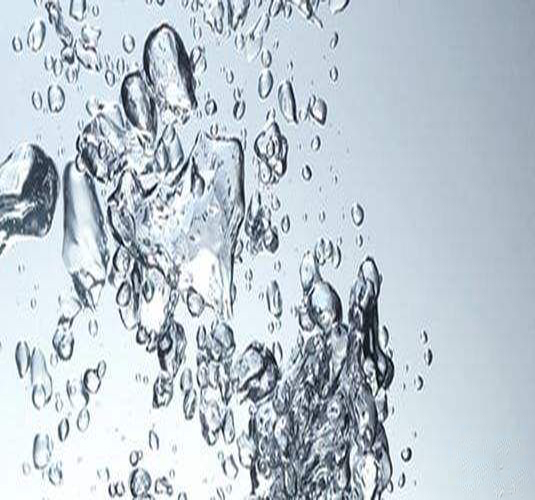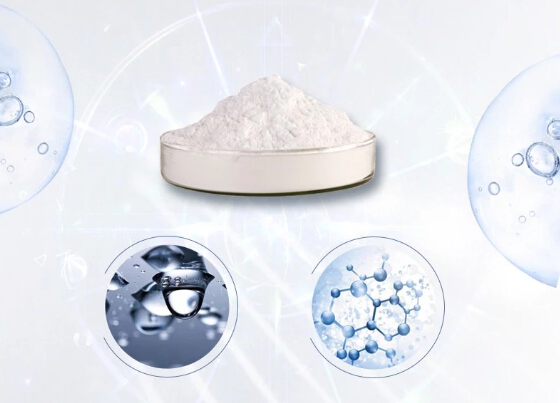Hyacross Hyaluronic Acid Elastomer Introduction
Hyaluronic Acid Elastomer is a new member of the HA family and is a cross-linked polymer extracted from natural HA. It appears as a high-viscosity elastic gel, feeling smooth yet non-greasy. Observing the mesh-like network structure of Hyacross™ under a scanning electron microscope reveals its ability to form an invisible biofilm on the skin's surface. This biofilm enhances skin barrier function, reduces water evaporation from the stratum corneum, provides long-lasting hydration, improves skin elasticity, and protects the skin from UV rays and external pollutants.
Hyacross Hyaluronic Acid Elastomer Properties
(1)Improving the skin barrier
Hyacross can form a 3D “breathable” layer on the surface of the skin that improves the skin barrier function, reduces water evaporation from the cuticle, and prevents skin damage caused by external aggressions such as UV rays, pollution, etc.
(2)Excellent water binding capacity
The viscosity of a Hyacross solution is 2-3 times that of an HA solution at the same concentration, which indicates that Hyacross can bind with more water molecules, because of its cross-linked structure. Hyacross behaves like a “micro-reservoir” delivering continuous water to the skin.
(3)Good resistance to Hyaluronidase
Hyacross shows better resistance to Hyaluronidase than common Sodium Hyaluronate, therefore the film formed by Hyacross on the skin surface is more stable and durable.
(4)Skin feeling
Hyacross has a higher viscosity and better thickening capacity than common HA, and it feels smooth but not sticky when dissolved in water media. Most volunteers reported that the 2% solution has the best feeling.
Hyacross Hyaluronic Acid Elastomer Applications
| Type |
TL100 |
TG100 |
| Character |
Colorless and transparent aqueous gel |
A colorless and transparent aqueous gel containing soft particles |
| Dosage |
1%-5% |
0.05%-2% |
| Usage |
It can be added directly to the water phase, stirring till completely dissolved. |
Insoluble transparent particles are still present in the solution after this product is dissolved in the aqueous phase. The particles become smaller and even disappear during the homogenization process. |
| Feeling |
Smoothing, not sticky |
The particles are visible, like “HA droplets”, and “HA reservoirs”. And they are spread out on the skin surface through the application. |
| INCI name |
Sodium Hyaluronate Crosspolymer, Pentylene Glycol, Aqua |
| Application |
It can be used in moisturizing, anti-aging, and anti-pollution products in different forms, such as cream, emulsion, essence, liquid, mask, etc. |
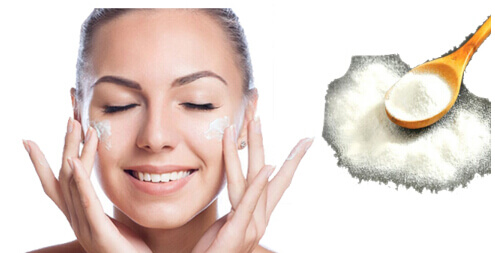
Sodium hyaluronate Crosspolymer VS Hyaluronic Acid Elastomer
Sodium Hyaluronate Crosspolymer and the Hyaluronic Acid Elastomer are both derivatives of hyaluronic acid, differing in their constitution and properties, thus resulting in different applications.
Hyaluronate Crosspolymer of sodium is a chemically cross-linked polymer of sodium hyaluronate. In chemical cross-linking, two or more hyaluronic acid molecules are joined in a three-dimensional network. Such a network can form a protective layer on the skin surface, thereby improving the barrier function of the skin. Because of its cross-linked structure, Sodium Hyaluronate Crosspolymer is more stable in comparison with regular hyaluronic acid; it forms a long-lasting moisturizing film on the skin and provides long-term moistening. As a consequence, in skin care uses, this material offers long-lasting hydrating benefits, retaining moisture and reinforcing skin barriers.
Hyaluronic Acid Elastomer is the derivative of the acid's elastomer. Hyaluronic acid molecules in a particular manner give way to a polymer that has a certain amount of elasticity done properly; this kind of hyaluronic acid has some degree of elasticity and softness. It takes the stretch and contraction of the skin better than before and gives better texture to the skincare products for better application, thus making the skin smooth and well-hydrated. For this reason, most applications of the ingredient are related to skincare and cosmetic products that enhance texture and promote the moisturizing effect, allowing it to be used within certain specialized cosmetic procedures in order to bring the best elasticity and softness
Sodium Hyaluronate Crosspolymer Effects on Cosmetics
(1)Long-lasting Moisturizer
Compared to the control group, the skin hydration of the Hyacross group was increased by 85% after 0.5h and 110% after 1h. Hyacross significantly increased skin hydration even after 24h. Compared to the control group, the skin TEWL of the Hyacross group was reduced by 18% after 0.5h and by 22% after 1h. Hyacross significantly reduced skin TEWL even after 12h.
(2)Improving skin elasticity
Compared to the control group, the skin elasticity of the Hyacross group was significantly increased. After 4 weeks of application, the relative skin elasticity increasing rate for the Hyacross group reached 21.6%.
(3)Smoothing skin
Randomized, double-blind, and placebo-controlled evaluation of Hyacross was carried out on 20 healthy females. The results showed a significant improvement in skin smoothness in 35% of the volunteers after 30 days.
(4)Protecting cells against UV
The relative growth rate (RGR) of HaCat cells was decreased obviously after UV irradiation. While RGR increased 19.1% after 1%Hyacross pretreatment and 22.5% after 2%Hyacross pretreatments. The results indicate that Hyacross has UV protection ability, and it can effectively reduce cell damage induced by UV irradiation.
(5)Anti-pollution
Hyacross shows the safety of skin, blocking efficacy on pollutants and functional effects of skin barriers.
Safety of Sodium Hyaluronate Crosspolymer
A modified form of skin-replenishing hyaluronic acid attached to a polymer structure that keeps it within the skin’s uppermost layers longer, allowing for enhanced hydration. Sodium hyaluronate crosspolymer is not animal-derived.
Related articles Something You Need To Know About Cosmetic Grade Hyaluronic Acid
Solubility of Hyaluronic Acid in Different Solvents and Its Influencing Factors


